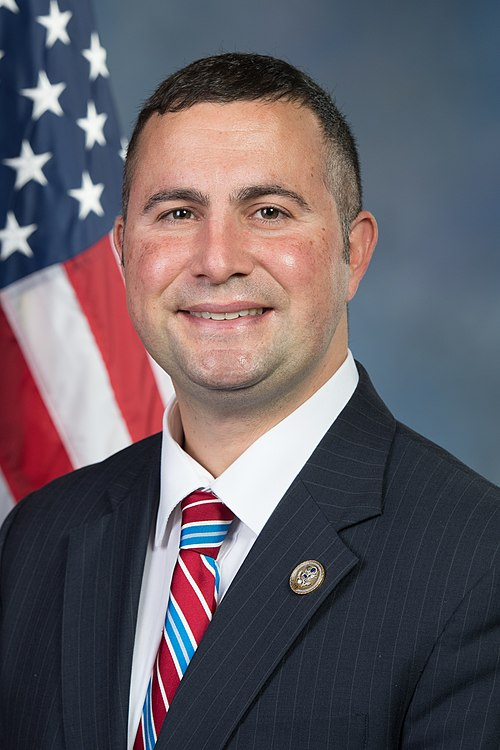H.R. 1466: Cardiac Arrest Survival Act of 2025
This bill, known as the Cardiac Arrest Survival Act of 2025, aims to improve the use and accessibility of automated external defibrillators (AEDs) by providing legal protections for individuals and entities involved in their use during medical emergencies. It seeks to create a national standard for liability protection across states, addressing issues related to the inconsistent laws currently in place.
Key Provisions of the Bill
The bill proposes several key measures related to AEDs:
- Liability Protection for Users: Individuals using an AED in a perceived medical emergency will be protected from civil liability, provided that they are not the owner of the AED. This immunity applies unless the harm resulted from their willful misconduct or gross negligence.
- Protection for Premises Owners: Owners, lessees, or managers of locations where an AED is used will also be offered civil liability immunity. This ensures that properties with AEDs can support life-saving efforts without fear of legal repercussions.
- Device Owners’ Protections: Owners of AEDs will be granted immunity from civil liability for any harm resulting from the AED's use, unless the harm is due to a failure to maintain the device as per the manufacturer's guidelines.
Scope of Immunity
The immunity provided under this bill will apply in various circumstances, including:
- Whether or not the AED is marked or registered with any governmental authority.
- If the person using the AED had received any specific training regarding its use.
- The presence of cautionary signage around the AED.
However, immunity will not be granted to individuals if their actions directly caused harm due to gross negligence or if they are licensed healthcare professionals acting within the scope of their training.
Definitions and Clarifications
- Perceived Medical Emergency: Situations where an individual's condition appears life-threatening and requires immediate medical action.
- Automated External Defibrillator (AED): A device designed to assess a person's heart rhythm and deliver an electrical shock if necessary.
- Harm: This term encompasses physical injuries, economic losses, and emotional distress resulting from the use of an AED.
Importance of the Bill
The intent behind this legislation is to encourage more widespread deployment of AEDs in public locations. By easing the liability concerns that currently deter individuals and organizations from acquiring and using AEDs, the bill aims to enhance the chances of survival for individuals experiencing cardiac arrest.
In summary, the Cardiac Arrest Survival Act of 2025 seeks to establish a consistent framework of liability protections across the United States, promoting greater accessibility to AEDs and potentially saving lives in emergencies.
Relevant Companies
- AED Brands Inc (AED): The legislation could impact companies that manufacture or sell AEDs, as increased usage in public places may boost sales.
- ZOLL Medical Corporation (ZOLL): This company produces AEDs and could see an uptick in demand due to the reduced liability concerns associated with deploying their devices.
This is an AI-generated summary of the bill text. There may be mistakes.
Sponsors
10 bill sponsors
-
TrackScott Franklin

Sponsor
-
TrackDonald S. Beyer, Jr.

Co-Sponsor
-
TrackGus M. Bilirakis

Co-Sponsor
-
TrackKen Calvert

Co-Sponsor
-
TrackKat Cammack

Co-Sponsor
-
TrackBen Cline

Co-Sponsor
-
TrackGerald E. Connolly

Co-Sponsor
-
TrackDarren Soto

Co-Sponsor
-
TrackJefferson Van Drew

Co-Sponsor
-
TrackEugene Vindman

Co-Sponsor
Actions
2 actions
| Date | Action |
|---|---|
| Feb. 21, 2025 | Introduced in House |
| Feb. 21, 2025 | Referred to the House Committee on Energy and Commerce. |
Corporate Lobbying
0 companies lobbying
None found.
* Note that there can be significant delays in lobbying disclosures, and our data may be incomplete.
Potentially Relevant Congressional Stock Trades
No relevant congressional stock trades found.